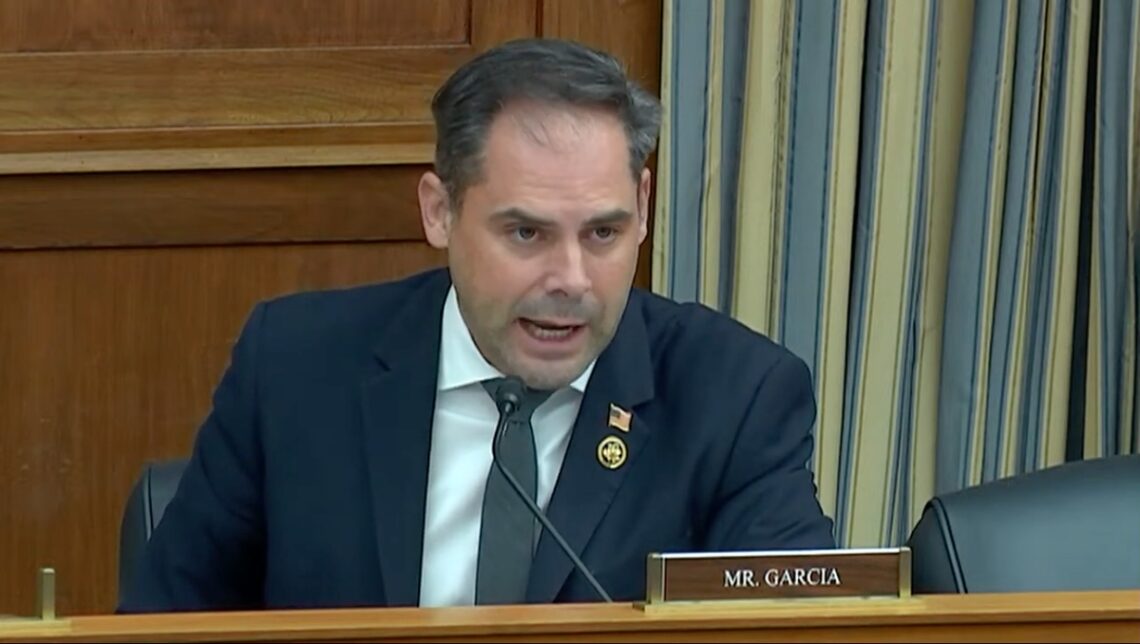WASHINGTON — The struggles NASA is facing with Mars Sample Return (MSR) are part of a longer-running challenge the agency faces with science missions that go sometimes deliberately a step too far, agency officials and adviser say.
A hearing by the House Science Committee’s space subcommittee March 21 devoted to NASA’s science programs spent much of its time on the delays and cost overruns suffered by MSR that have affected other parts of the agency’s science portfolio.
“This committee recognizes the immense value of the MSR mission. We continue to hope that these issues will be resolved and that the MSR mission will be successful,” said Rep. Brian Babin (R-Texas), chair of the space subcommittee, in his opening remarks. “Congress has the responsibility to weigh the cost of the mission with its scientific value and cannot simply rationalize cost overruns and schedule delays by stating that the end result of these missions will be worthwhile.”
Nicola Fox, NASA associate administrator for science, provided few updates on the status of an ongoing review to restructure MSR, one prompted by an independent review last fall that concluded the mission was behind schedule and overbudget.
“We are wrapping up and putting together the results” of the reassessment, she said. “They will be available in the spring.” NASA Administrator Bill Nelson said at a March 11 briefing about the agency’s fiscal year 2025 budget request that the agency would release details, including planned MSR funding levels for 2024 and 2025, in April.
NASA reduced spending on MSR in November while in a continuing resolution (CR) because of large funding differences between the House and Senate versions of spending bills. That led to the Jet Propulsion Laboratory, the lead center for MSR, laying off 8% of its workforce in February.
Rep. Mike Garcia (R-Calif.), who serves on both the House Science Committee and House Appropriations Committee, criticized…
Read the full article here



